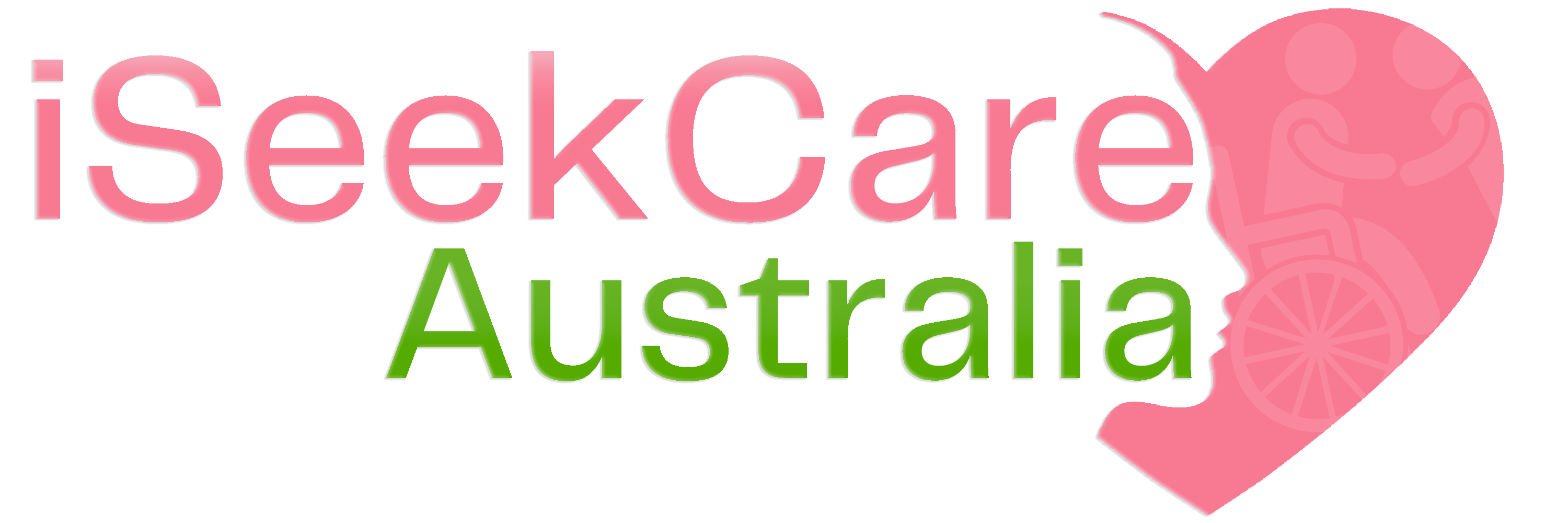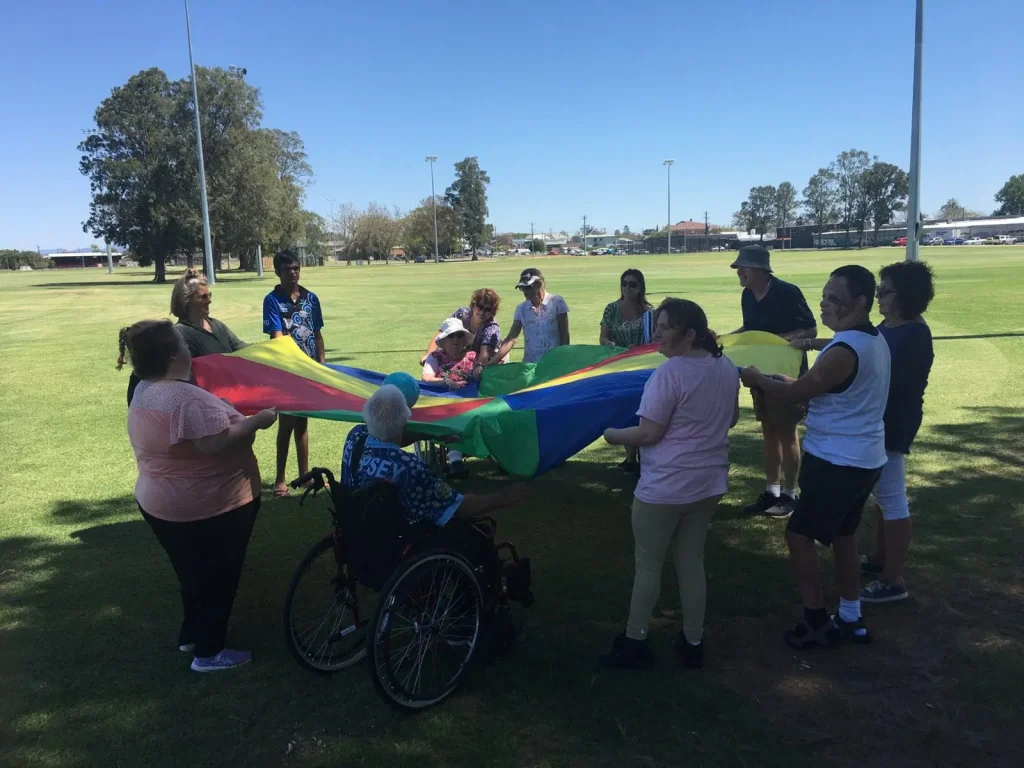Creating Meaningful Connections: Planning Activities for a Social Day with Disability Clients
Building meaningful connections and fostering a sense of community is essential for individuals with disabilities. Planning activities for a social day can provide clients with opportunities to engage, connect, and have fun. In this blog post, we will explore the importance of creating meaningful connections for disability clients and provide tips on planning activities that cater to their unique needs and interests.

1. Understanding Client Preferences and Abilities for Social Activities
When planning activities for a social day with disability clients, it is important to consider their individual preferences and abilities. Start by getting to know each client on a personal level – what are their hobbies, interests, and goals? This information will help you tailor activities that are engaging and enjoyable for everyone involved. Whether it’s arts and crafts, music therapy, or outdoor excursions, make sure to choose activities that cater to a variety of interests.
2. Collaboration and Support Among Disability Clients
Incorporating elements of inclusivity is key when planning activities for disability clients. Ensure that all participants feel welcomed and valued by creating an environment that encourages collaboration and teamwork. Consider implementing team-building exercises or group projects that promote communication and cooperation. By fostering a sense of community within your group, you can help clients build lasting relationships and support networks.
3. Communication Strategies for Planning Disability-Friendly Social Activities
Communication is vital when planning activities for disability clients. Be sure to communicate clearly and effectively with all participants to ensure that everyone understands the schedule, rules, and expectations for the day. Use visual aids or written instructions if necessary to accommodate different learning styles. Encourage open dialogue and feedback from clients to make them feel heard and involved in the planning process.
4. Prioritising Accessibility for Social Activities
Taking into account accessibility is crucial when organizing activities for disability clients. Make sure that venues are wheelchair accessible, have appropriate facilities such as ramps or elevators, and provide accommodations for those with sensory sensitivities or mobility issues. Consider the needs of each client when choosing transportation options or scheduling breaks throughout the day. By prioritizing accessibility, you can create a more inclusive environment where all clients can fully participate in the activities.
5. Recognizing Achievements in Social Day Activities
Lastly, don’t forget to celebrate successes and milestones during your social day with disability clients. Acknowledge each client’s achievements, no matter how big or small they may seem. Encourage a positive atmosphere where everyone feels supported and encouraged to reach their full potential. By recognising individual accomplishments and progress, you can boost confidence levels and foster a sense of pride within your group.
Conclusion
Planning activities for a social day with disability clients is an opportunity to create meaningful connections, foster inclusivity, promote communication, ensure accessibility, celebrate successes – ultimately enhancing the overall well-being of individuals with disabilities. By following these tips and incorporating them into your planning process, you can create an engaging experience that brings joy, camaraderie,and growth within your group of disability clients.



